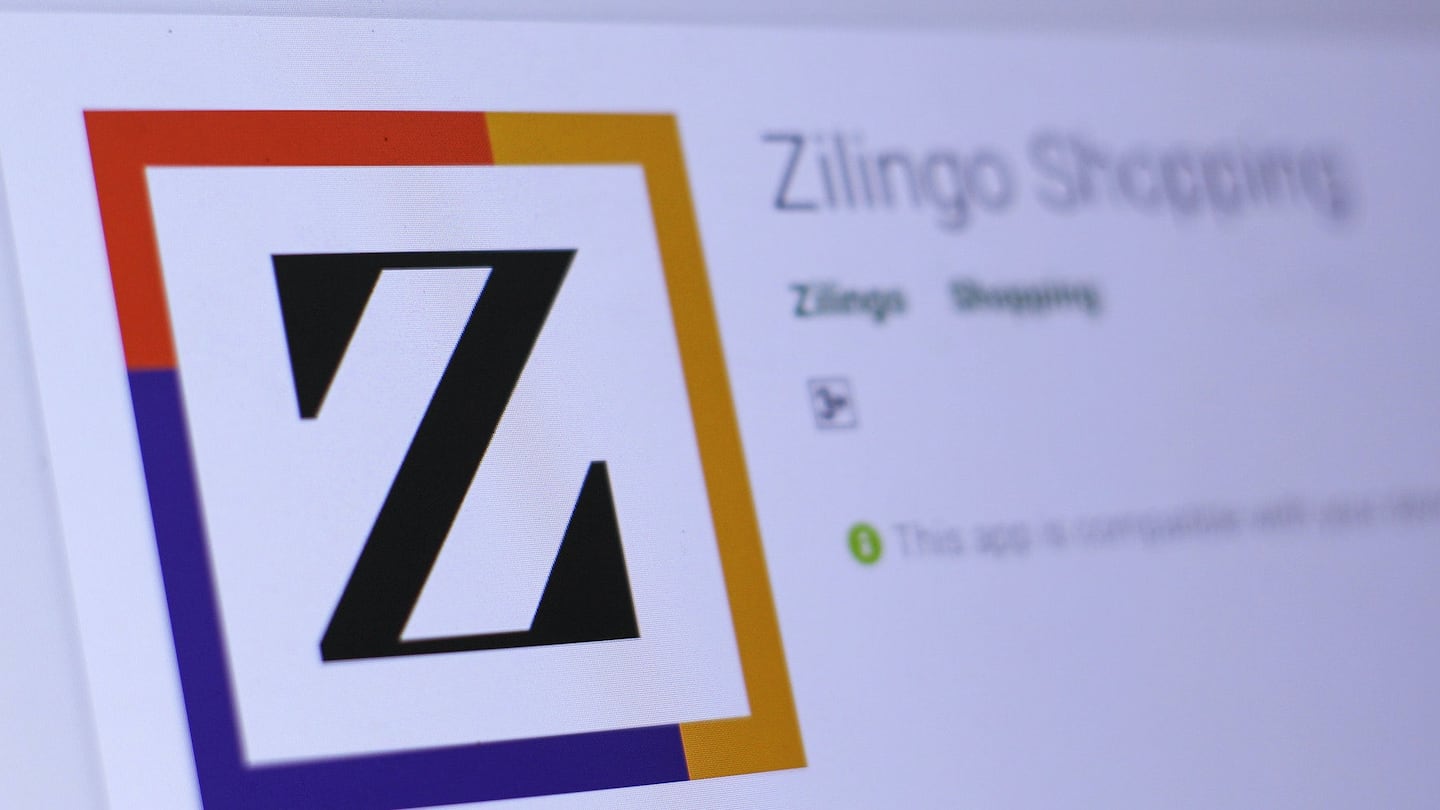
The Business of Fashion
Agenda-setting intelligence, analysis and advice for the global fashion community.

Agenda-setting intelligence, analysis and advice for the global fashion community.

NEW YORK, New York — Zilingo sees big business in solving a thoroughly modern fashion problem: every social media star dreams of launching their own clothing line, but the expertise required to become an Instagram sensation isn't much use when negotiating terms with a Vietnamese manufacturer.
Zilingo started in 2015 as a marketplace where consumers in Singapore, Thailand and other Southeast Asian countries could buy fashion and beauty products. But most of the growth lately has come from services, with the company handling everything from connecting designers and suppliers to managing inventory and arranging short-term financing to manufacturers. Today, these business-to-business services generate 75 percent of Zilingo’s revenue, compared with none two years ago, according to chief executive Ankiti Bose.
On Monday, the fashion and beauty e-commerce platform said it had raised $226 million from investors including Sequoia Capital, Temasek, Burda Principal Investments, Sofina, and Singapore investment fund EDBI. That brings the company’s total fundraising to $308 million.
Zilingo is tapping into a growing market for business-to-business services in the fashion industry companies that promise to cut out the middleman have sprung up alongside the rise of e-commerce, a world where start-ups find it easy to set up shop, but trickier to deal with the day-to-day realities of running a business.
ADVERTISEMENT
The latest funding will help cement an expansion into the US, as well as pushes into the Philippines and Australia, Bose said. Zilingo is also investing in technology and looking to beef up its financial services arm, which helps manufacturers find lenders willing to provide short-term loans routinely used in fashion to cover the gap between producing a garment and getting paid by the customer.
Zilingo sees influencers as a prime audience — many have rabid fan bases that guarantee an early rush of sales, but little appetite for the reality of setting up a global supply chain and distribution system. Their first US client in this market, Youtuber Comic Book Girl 19, is set to launch her label next week, and several others are in the works for later this year.
“Designers know what they want, but they need tech help, or help with their factory or shipping,” Bose said. “We’re doing all of that. All these brands need to do is the creative aspect of it.”
Bose said the rapid growth of Zilingo’s services arm was partly a case of being in the right place at the right time. The company launched just as a growing share of apparel manufacturing was moving from China to elsewhere in Asia, including Vietnam and Bangladesh. Those countries offer lower labour costs, but lack the technology and infrastructure for brands to easily contract with suppliers, she said.
At the same time, brands selling through Zilingo’s marketplace were being squeezed by larger competitors, including international fast-fashion giants. By pooling orders from multiple clients, Zilingo can negotiate more favourable manufacturing rates, Bose said. Today the company arranges production of five million units a month, with about one-fifth of those volumes sold through Zilingo’s marketplace, Bose said.
The company has competition. Cala, which launched in December, offers similar services with a focus on emerging brands and influencer-driven fashion lines (early clients include A$AP Ferg and Jazzelle Zanaughtti, a model who goes by the handle @uglyworldwide on Instagram).
Zilingo faces rivals for consumers’ attention as well, both from global giants like Amazon and Alibaba to regional players, including Zalora, which is based in Singapore and Malaysia, and Alibaba-owned Lazada, Southeast Asia’s largest e-commerce platform. Competition is particularly fierce in Indonesia, a market Zilingo has targeted for expansion; Tokopedia, Shopee and Lazada all have significant presences there, according to the Jakarta Post.
Bose said her goal is to transform Zilingo from a Southeast Asian brand into a global one. Some of the new funding will go toward boosting the company’s profile, particularly in the West.
ADVERTISEMENT
“We need to build trust in order to be taken seriously by businesses and consumers across the world,” she said. “We need to make sure we have the best returns, the best customer care, all of that is an investment.”
Zoe Suen contributed to this story.
Related Articles:
[ Can a Supply Chain Platform Birth the Next Kylie Jenner?Opens in new window ]
[ The Secret Journey of a Fashion Piece — Part 3: Logistics and Supply ChainOpens in new window ]
[ How Fashion Should (and Shouldn’t) Embrace Artificial IntelligenceOpens in new window ]
From analysis of the global fashion and beauty industries to career and personal advice, BoF’s founder and CEO, Imran Amed, will be answering your questions on Sunday, February 18, 2024 during London Fashion Week.
The State of Fashion 2024 breaks down the 10 themes that will define the industry in the year ahead.
Imran Amed reviews the most important fashion stories of the year and shares his predictions on what this means for the industry in 2024.
After three days of inspiring talks, guests closed out BoF’s gathering for big thinkers with a black tie gala followed by an intimate performance from Rita Ora — guest starring Billy Porter.